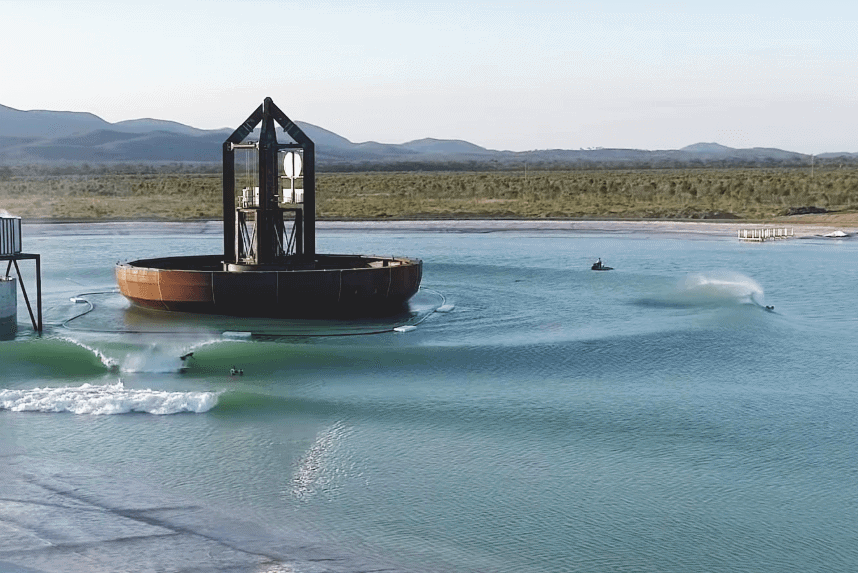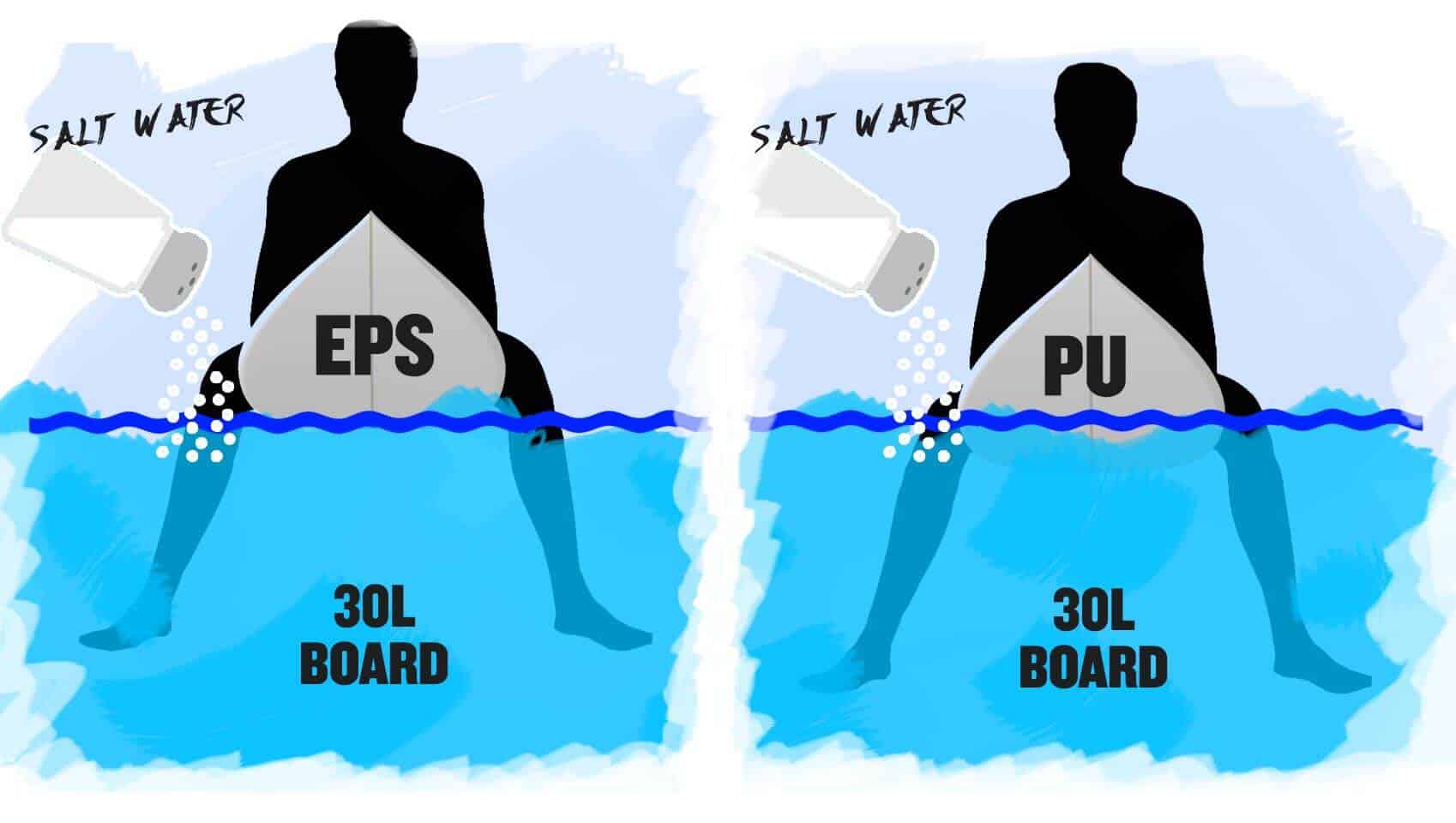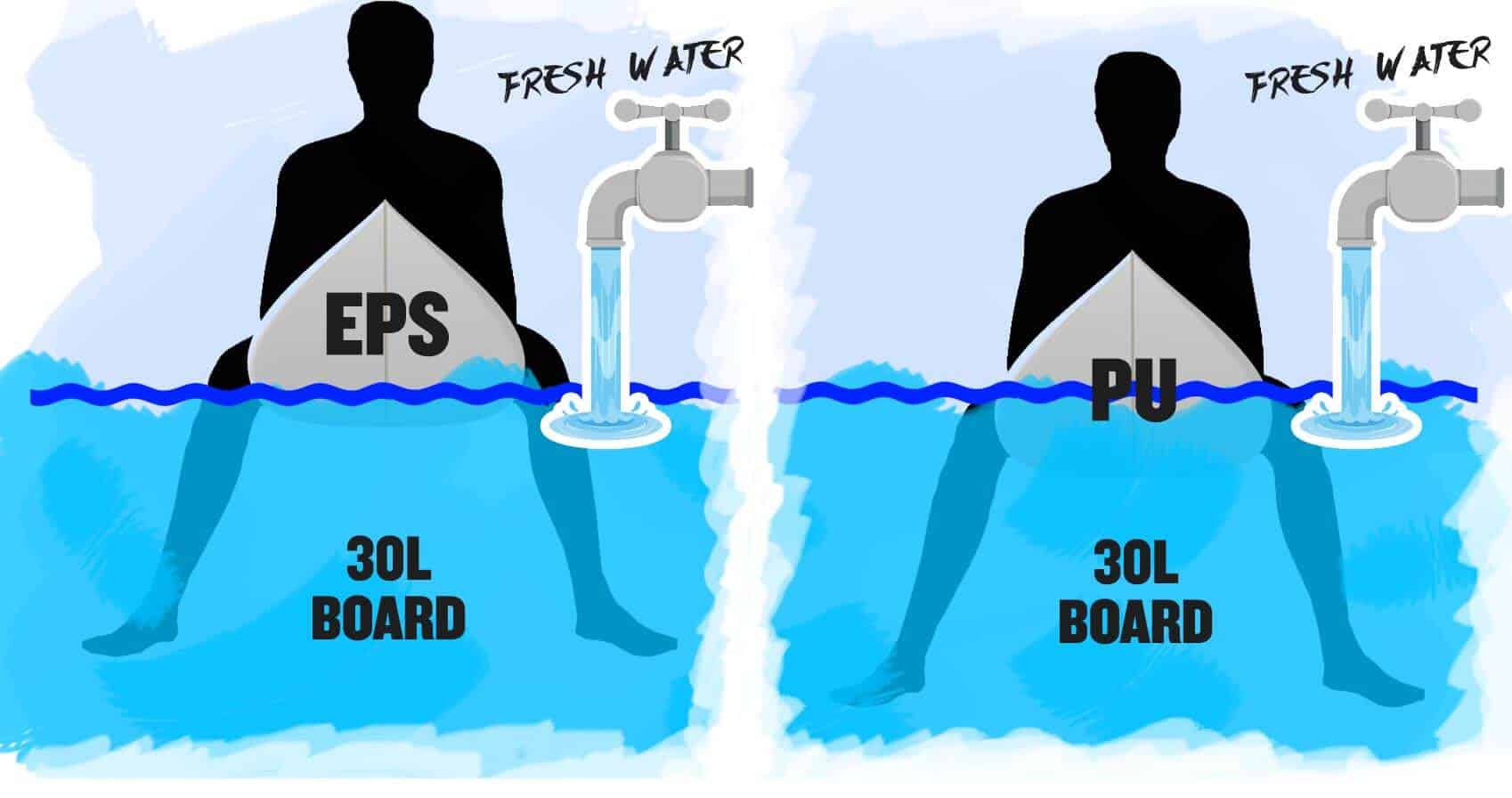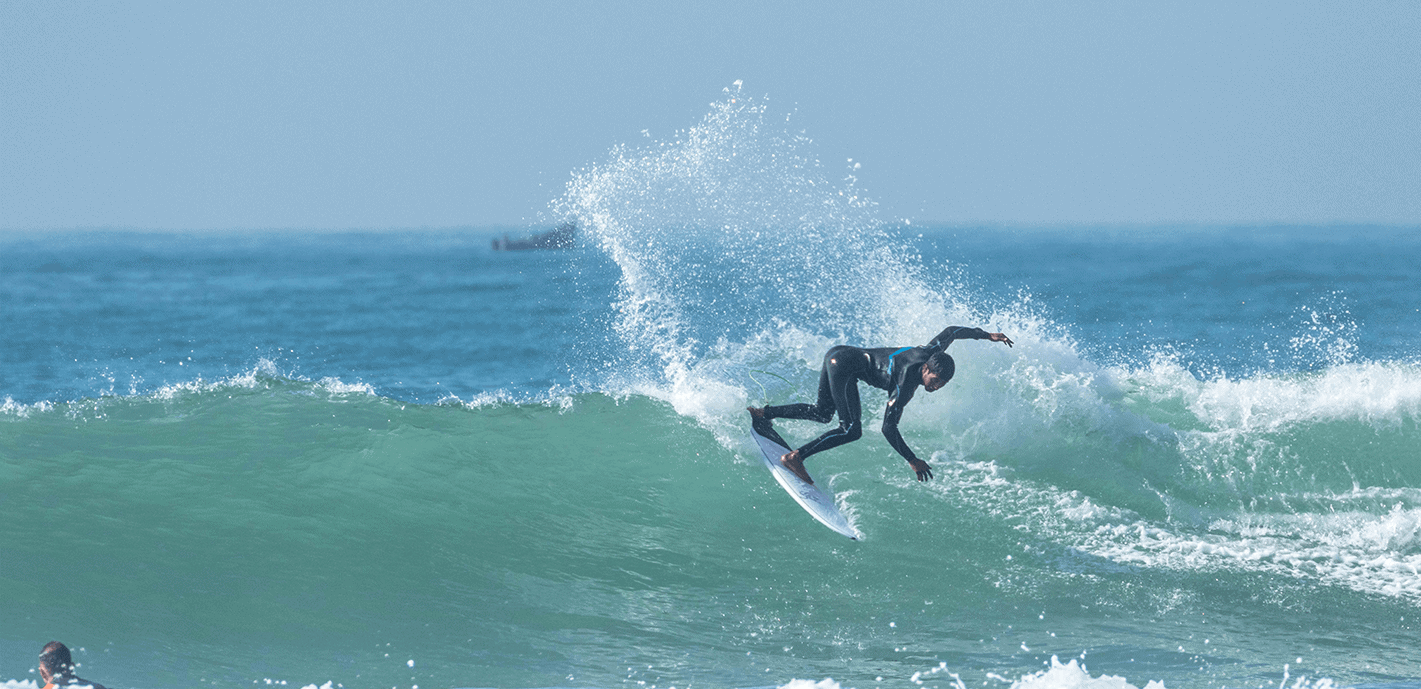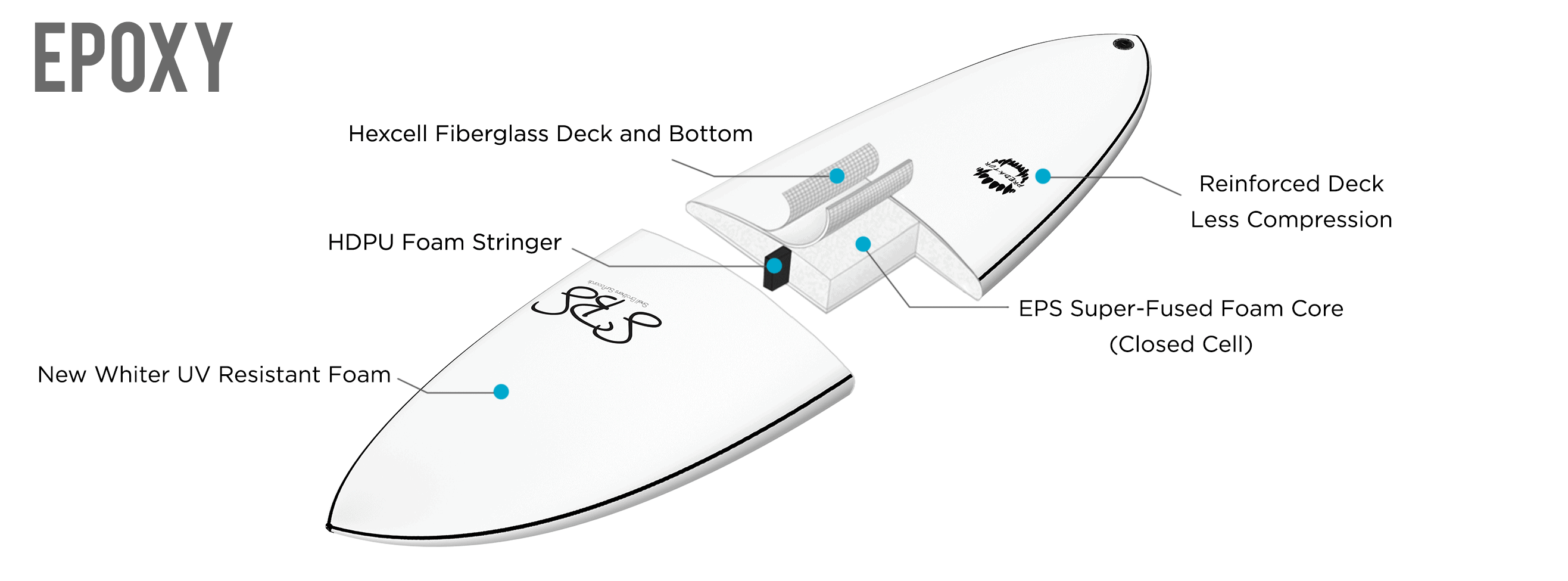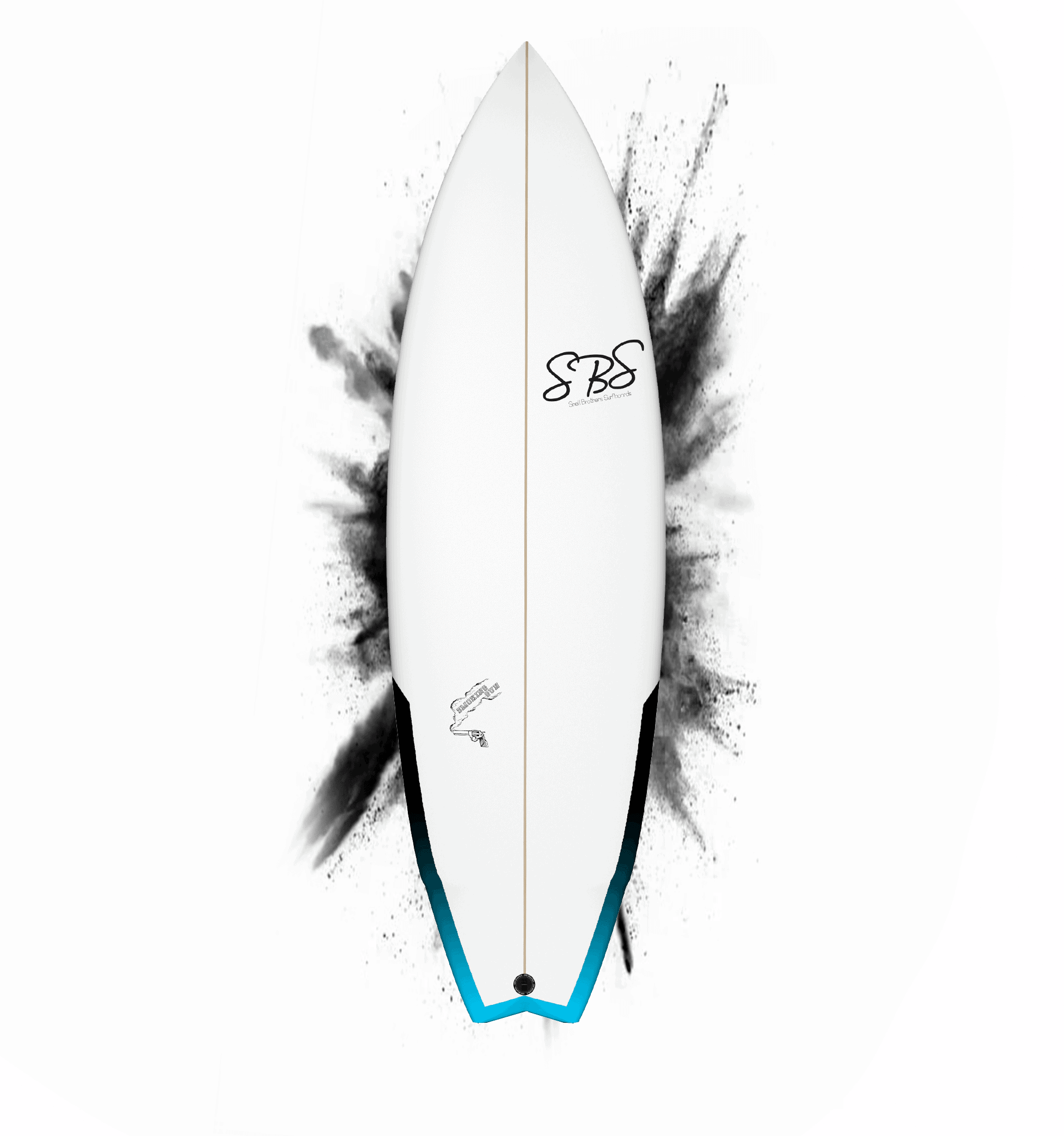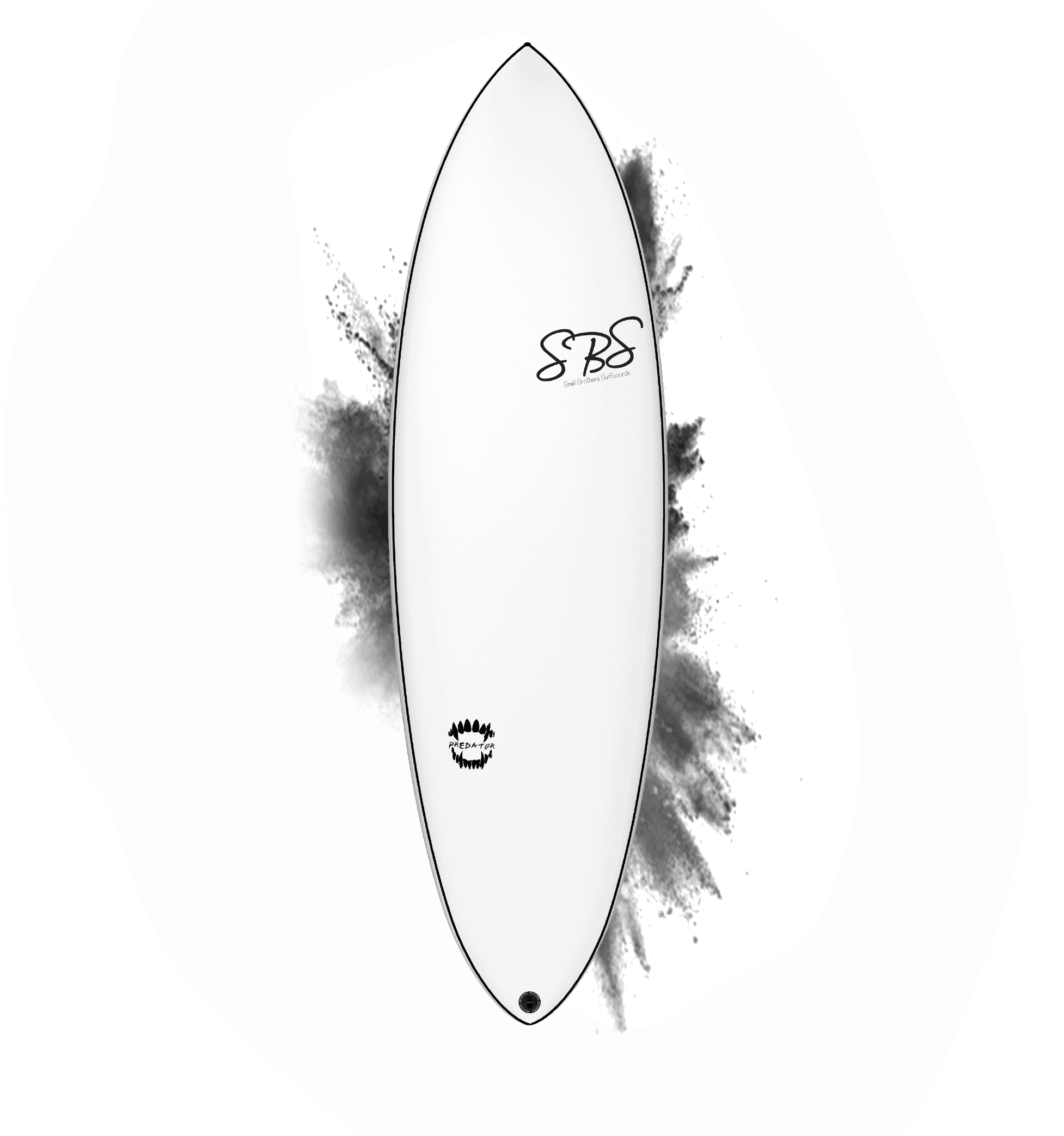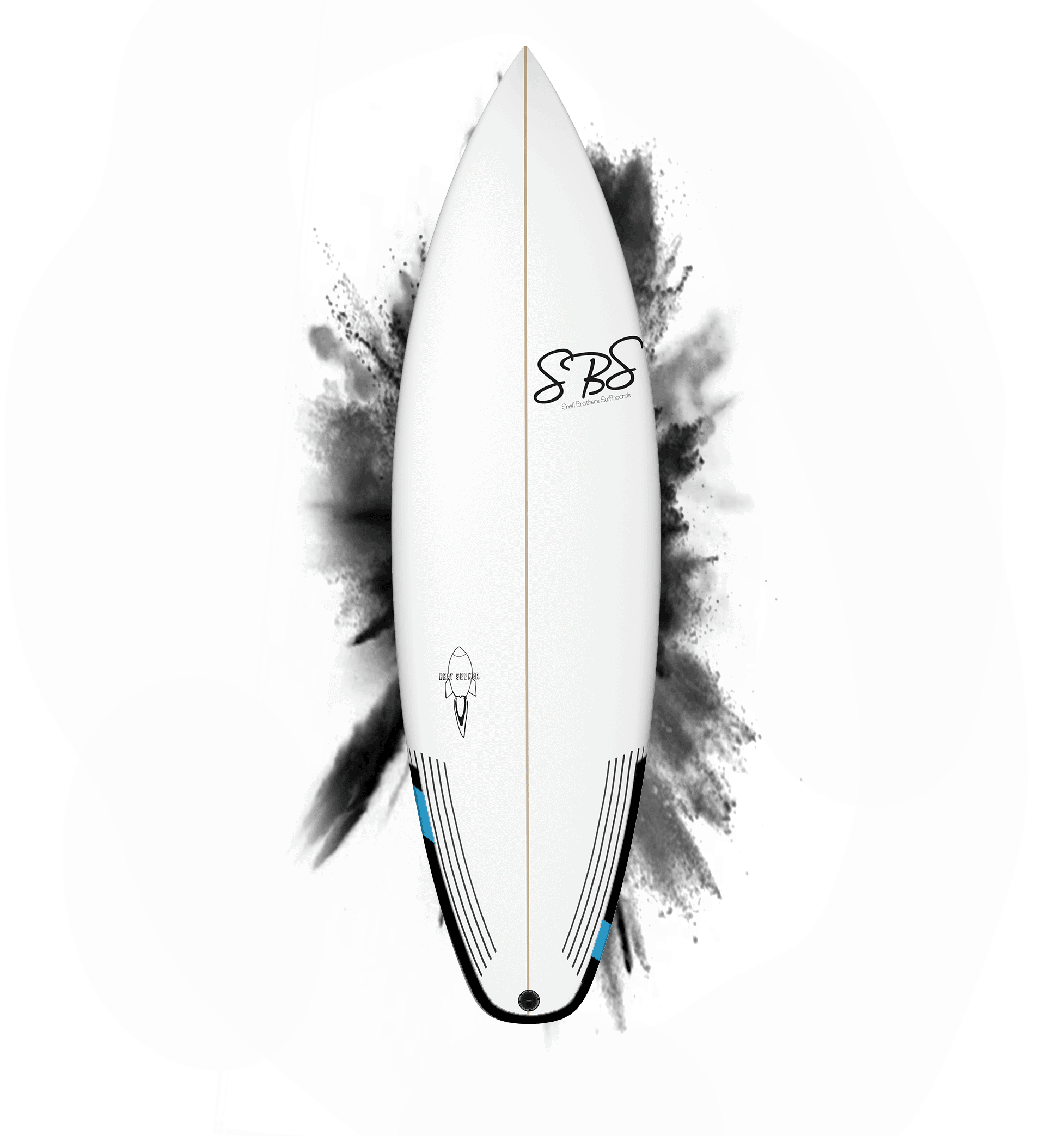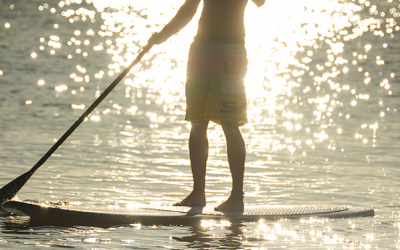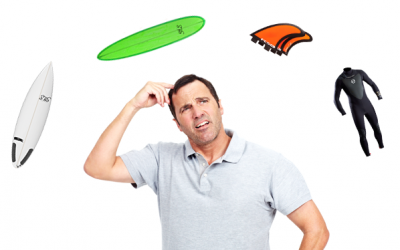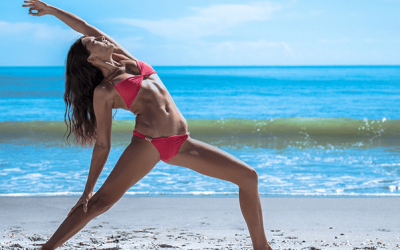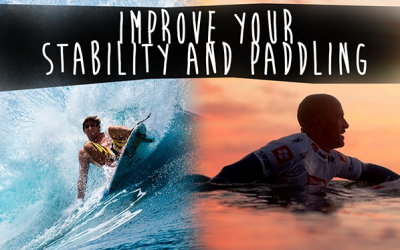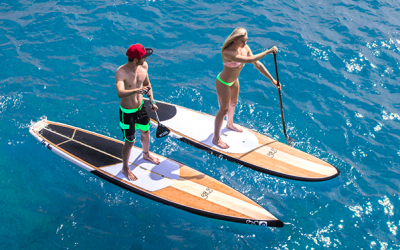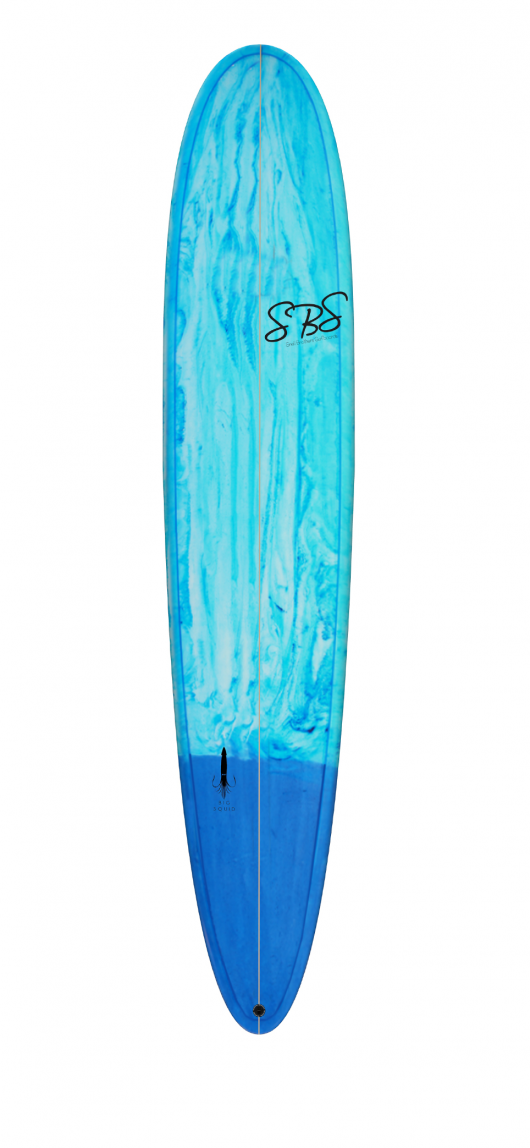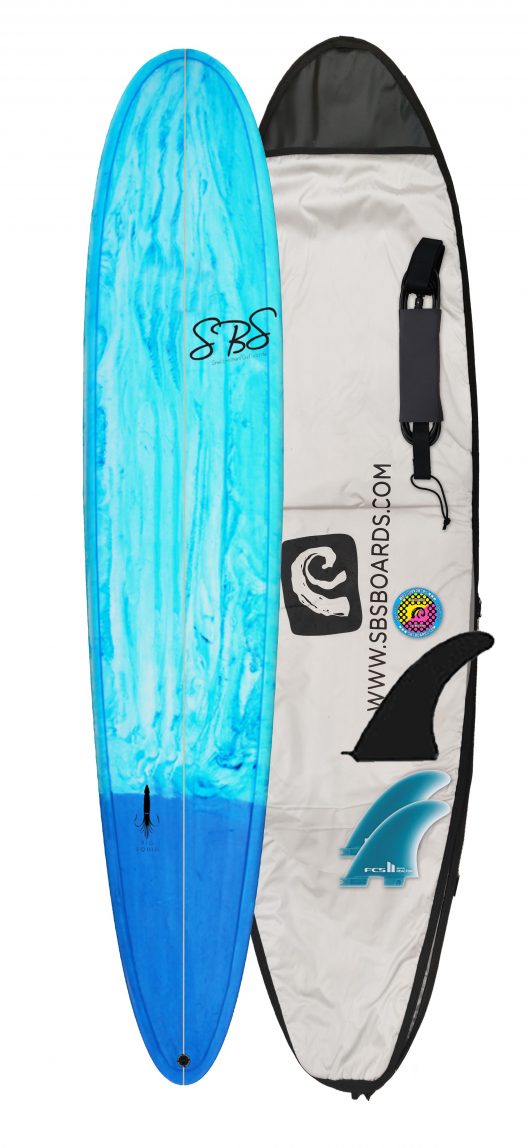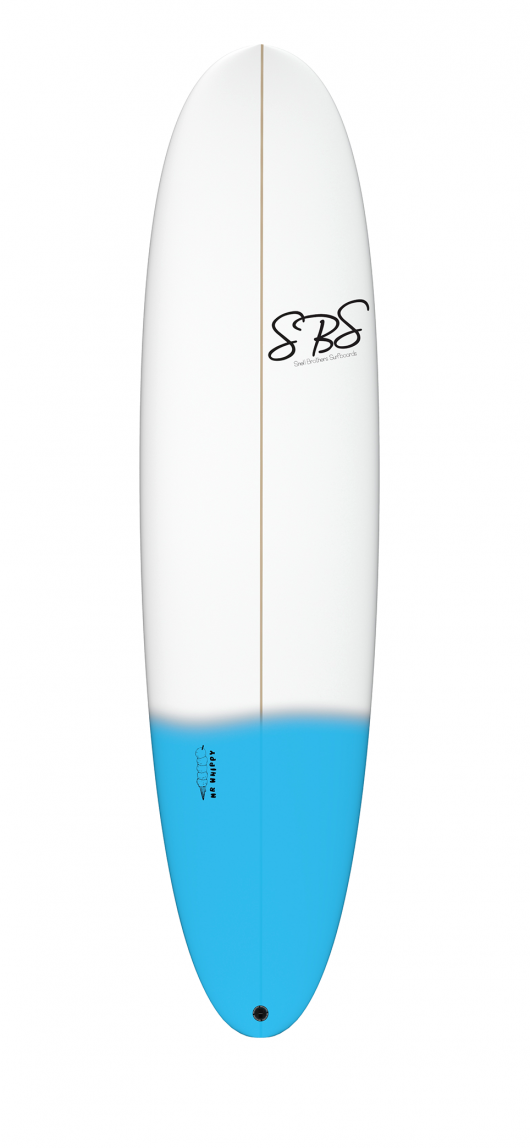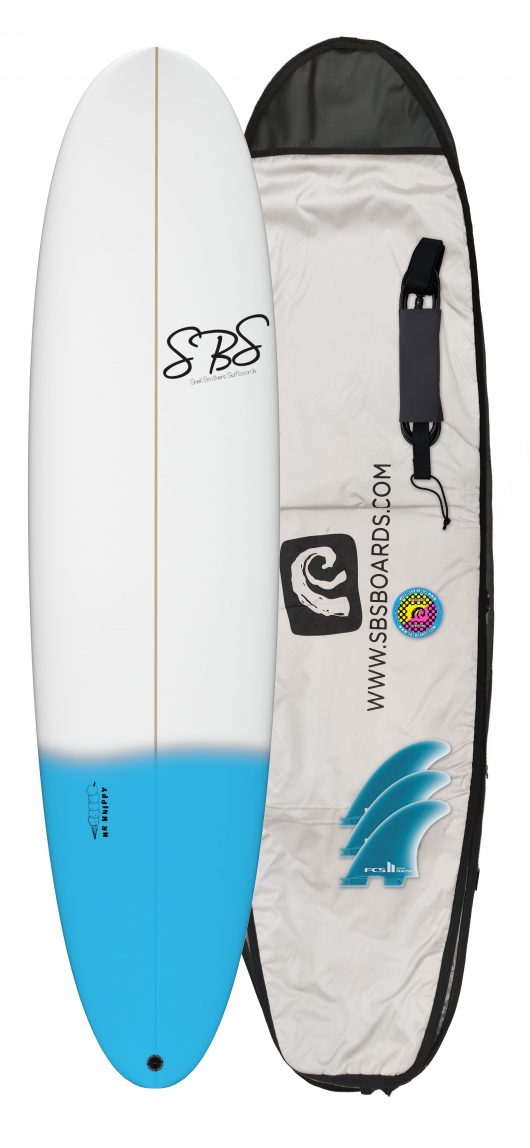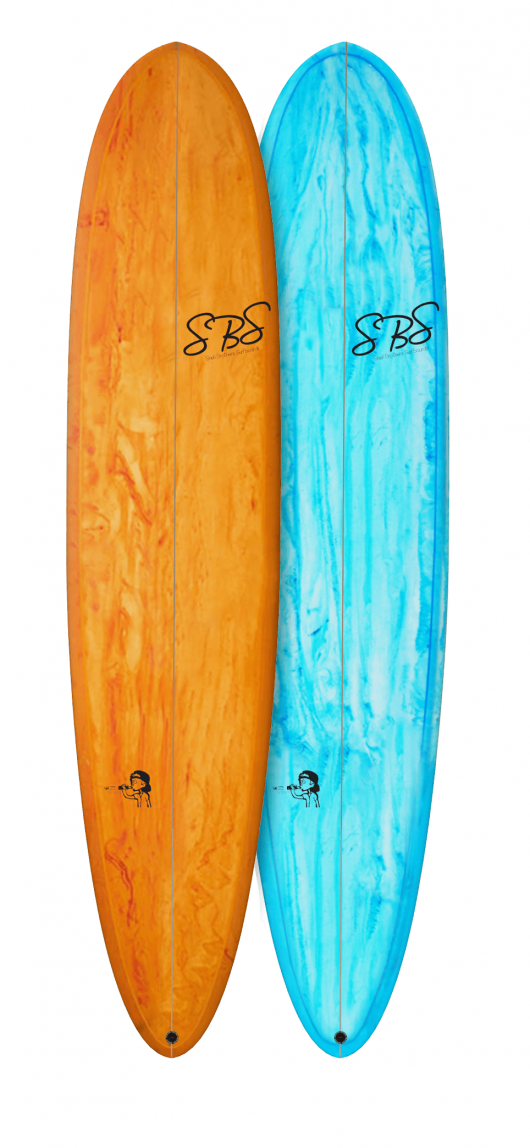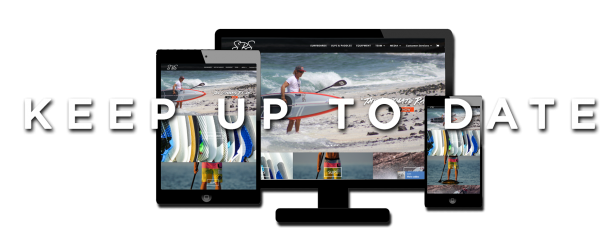Epoxy Surfboards are Better For wave Pools?
Whats Better For Wave Pools (EPS Or PU)
If you haven’t been hiding under a rock for the last 2 years then you have probably seen the explosion of wave pool video hit the internet from Kelly’s Surf Ranch with endless peeling perfection to BSR Park, N Land in Austin or even the massive plunger wave from surf lake in Australia. Hear in the UK we have our very on and the world’s first commercial wave pool Surf Snowdonia that has been sending waves since 2016. These wave pool videos sent goosebumps down your spine the first time you watch them, the dream we never thought possible came true, its like seeing Disney land for the first time with the endless possibilities for perfect waves you could say its every surfer dream to ride perfect unbroken waves with no one on it but you, what’s not to like.
With this explosion of new wave pool technologies and more and more wave pool popping up we wanted to ask the ultimate question on everyone’s lips, What’s the best surfboard for wave pools?
Now you might be thinking there is no difference from the wave made in the ocean and the waves made in a pool, but there are some subtle differences that will make a big difference to your surfing. If you take the wrong board you might not surf as well and potential for missed waves but if you get it right and take the right board with you, you’ll have the time of your life.
Firstly we have to define what’s the difference between a sea ocean wave or a wave pool wave?
Saltwater vs. Freshwater
It really comes down to these 2 things how salt water reacts is different to fresh water and they have slightly different characteristics most wave pools are made with fresh water and if you didn’t already know, freshwater and saltwater have different buoyancy characteristics. Saltwater has 1.6 lb’s (725 Grams) more buoyancy than freshwater. This affects surfing in a huge way as the surfboard that has the correct amount of buoyancy for you in the ocean won’t have the right amount in a freshwater pool. There lies the problem
So to fix this problem you will need a board with a little extra float in buoyancy or Litres volume meaning that you will need more foam and buoyancy in your board in a freshwater wave pool. If you don’t want to change your dimensions the best way to get the same performance is to decrease your surfboards foam density. One of the easiest ways to do this is to use an EPS foam and Epoxy Construction board.
The EPS foam is a lot of lighter foam and has a lower density that PU foams
Most surfers are turning to Expanded Polystyrene (EPS) construction for their wave pool quivers. For many years the majority of surfboards have been made from Polyurethane (PU) but because the EPS foam is lighter in weight the surfboard weight is less and will have higher volume and more buoyancy. This is so so imported when considering what surfboard to use for a freshwater wave pool.
Ideal Wave pool Surfboard Characteristics
When thinking about the best wave pool board you have to look at the wave pool like you would any other ocean wave. What characteristics does the wave have and what would be the preferred characteristics you would need from board to surf it well. Just like you probably wouldn’t use the same board for a 1-2 foot beach break as you would a 6-10 foot barrelling reef break.
Most wave pools at this current time produce a wave that is in the region of 2-4 feet the wave shape is usually sloppy and unless its Kelly’s surf ranch it’s not going to be more than a 10-15 second ride. Because of the freshwater and saltwater differences in buoyancy, you are going to need more Litres volume or Different foams like EPS and Epoxy Instead of PU And polyester.
Small wave board
Shorter in length, 2-3 inches and thicker than your traditional saltwater board will help heaps. Hight volume and flatter rocker also give it plenty of speed in your turns on weaker waves
Higher volume
More volume should help counteract the salt water fresh water buoyancy issues or surfing in a wave pool, it will also help you stay in the pocket a little better.
Epoxy Eps Construction
Epoxy boards are more durable and have a springier responsive flex characteristic than PU boards sit lower in the water and are more sensitive and have a more dampened flex characteristic when surfing.
Light Weight – Heavier boards will bog down in most surf pools and with a mall area to play with you need all the speed you can get.
Groveler based shape
These are going to be the best as they will allow the best of both works for most average surfers, speed power and flow with the extra width and thickness will help keep the board moving even if the wave doesn’t have to much power
Flatter rockers
This is highly recommended especially in the UK wave pools as the waves predominantly don’t have so much power so keeping the flatter rocker will help with plaining speed
High Volume than usual adding on 2-3 more litres that your normal saltwater board should help keep you floating about right
The Perfect board for a wave pool is?
A board that’s light in weight and very lively under your feed you want quick response time and lighting reaction to maximise your time on the wave flatter rocker and more volume in the centre which can help generate speed will give you the edge over other boards. EPS boards will be a better option as they are lighter, more buoyant, more forgiving, and geared toward generating speed. When the worlds best surfer competed at the surf ranch a lot of the worlds best opted for EPS Epoxy construction as it fitted their best needs of the wave for high-level performance
our recommendations
Related Posts
How To Paddle a Stand Up Paddleboard “SUP”
How to Paddle a Stand Up Paddleboard Basic Paddleboarding strokes One of the most basic parts of stand up paddle boarding is the paddling it allows you to move around in the water at speed and control. Making sure that you get the most form every stroke will...
Beginners Guide to Buying a Surfboard
Beginners guide to choosing the right surfboard So you got the bug and you decided to buy your first surfboard you have a couple of goes and looking to make that first purchase and commit to the surfing life style, but what one to buy?, One of the most common...
Best Stretches for Surfers
BEST STRETCHES FOR SURFERSStretching Stretching before and especial after a surf session is vital for getting the best out of your surfing performance, The best stretches for surfers should help in a range of movements as well as better long-term contractions of your...
Top 20 Surfing Exercises for Paddling & Stability
Top 20 Surfing Exercises for Paddling and Stability Nothing prepares you for surfing fitness better than surfing itself. There are however, a few things you can do to keep the right muscles in working order and help you surf longer with more power. The following...
Beginners Guide to Surf Safety & Surf Etiquette
Beginners guide to Surf Safety & Surf Etiquette Learning to Surf is one of the most fun and life changing experiences you can have, and for lots of people journey that can last a life time. But before you start it’s really important to have a basic understanding...
Beginner’s Guide to Stand Up Paddle boarding (SUP)
Beginner’s Guide to - Stand Up Paddle Board Gettting Started Stand up paddle boarding (SUP) is one of the fastest growing sports in the UK. Its popularity is due to fun and relaxing nature of the activity, accessible to all. Its also a great way to give...

